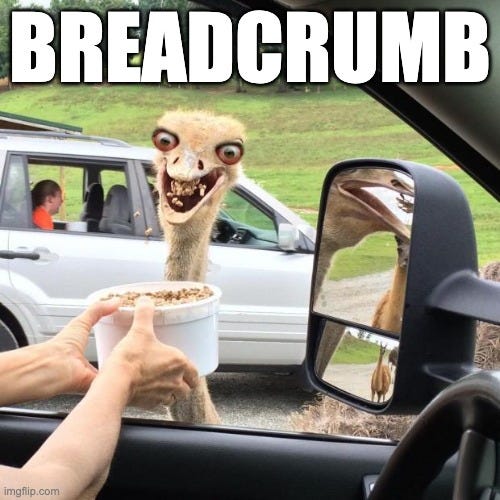SOLID principle #2: Open-Closed (JavaScript)
Note: This post is part of a series of posts on the SOLID principles for software development (specifically in JavaScript). You can find them all at the following links:
1. Single responsibility
2. Open-closed
3. Liskov substitution
4. Interface segregation
5. Dependency inversion
The open-closed principle says that code should be open for extension, but closed for modification. What this means is that if we want to add additional functionality, we should be able to do so simply by extending the original functionality, without the need to modify it.
To explain this, let’s look at an example. Below we have a Vehicle class. When a Vehicle instance is created, we pass in the fuel capacity and fuel efficiency. To get our range, we simply multiply our capacity by our efficiency.
But let’s say we add a new type of vehicle; a hybrid vehicle. This vehicle doesn’t just have standard fuel-based range, it also has an electric range which it can use as well. To find out the range now, we need to modify our getRange() method to check if the vehicle is hybrid, and add its electric range if so:
This violates the open-closed principle, because whilst adding our new HybridVehicle class we have had to go back and modify the code of our Vehicle class in order to make it work. Going forward, every time we add a new type of vehicle that might have different parameters for its range, we’ll have to continually modify that existing getRange function.
Instead what we could do, is to override the getRange method in the HybridVehicle class, giving the correct output for both Vehicle types, without every modifying the original code:





